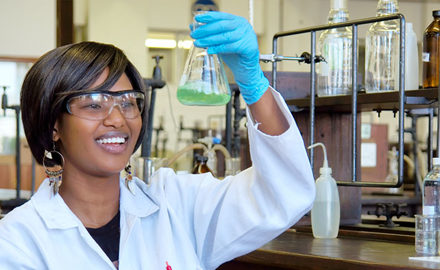Death certification on the agenda
Why death certification is important
Prompt and accurate certification of death is essential as it serves a number of functions. A medical certificate of cause of death (MCCD) enables the deceased’s family to register the death. This provides a permanent legal record of the fact of death and also gives the family a permanent record of information about their family medical history, which may be important for their own health and that of future generations. Certification of death is a statutory requirement under the “Births and Deaths Registration Act (1953).”
Data and analysis from the Office for National Statistics (ONS) is vital for informing the public and the government’s understanding of deaths, patterns of disease, and the response to COVID-19. The ONS provides provisional counts of weekly death registrations by sex and age group, provisional counts of monthly death registrations by regions (within England), unitary authorities, counties, districts and London boroughs. A quarterly mortality report provides timely surveillance of mortality in England with provisional death registration and death occurrence data broken down by sex, age and underlying cause. Cancer Research UK obtain data on cancer deaths from a range of publicly available sources or directly from the health system or the government.
Death certificates in Scotland are also subject to a national review system. A sample of MCCDs (approximately 10%) are randomly selected for independent review by Healthcare Improvement Scotland, in order to identify problems and make improvements to the death certification system if necessary.
Post-mortem examinations
When someone dies it can be a very difficult, distressing and confusing time. If the death was sudden and unexplained or was violent or unnatural, then a post-mortem examination (also known as an autopsy) may be needed.
Post-mortem examinations are crucial to understanding why people die and are vitally important in advancing our understanding of disease. Post-mortem examinations are carried out as soon as possible after death. Where possible, consideration is given to different cultural traditions.
A consented post-mortem examination is usually asked for by the patient’s doctor, either to provide in-depth information about the illness or cause of death or to advance medical research. Consented post-mortem examinations can only be carried out with appropriate consent from relatives or those close to the deceased. In England, Wales and Northern Ireland, a ‘medico-legal’ (involving both legal and medical aspects) post-mortem examination can be instructed by a coroner in certain circumstances. This is called a ‘coroner’s post mortem’ and is the most commonly performed type of post-mortem examination. It is carried out under the authority of a local coroner to find out how someone has died. The post-mortem examination is an extremely valuable tool for learning about disease and how it affects the patient, including highlighting possible discrepancies between what clinicians caring for a patient believe was the cause of death and the actual cause of death. The lessons learned from post-mortem examinations are therefore invaluable in developing diagnostic and treatment protocols to enhance patient care. This has been highlighted by the recent COVID-19 outbreak where information from post-mortem examinations together with post-mortem tissue has become an extremely valuable resource for scientists working to learn about the disease and to develop a vaccine and other treatments strategies.
Systematic reviews
The College would like to see detailed investigations (systematic reviews) to establish the different causes of deaths during the COVID-19 pandemic, with a view of possibly starting this autumn. The College would also support systematic reviews into issues such as personal protective equipment supplies, body storage, outbreak planning, delaying elective surgery, and background screening for the virus.
COVID-19 post-mortem portal
The College has developed the post-mortem portal as a means to build a database of information to help inform the treatment of COVID-19 patients and research about the disease. This initiative has the support of the Coroners Society of England and Wales and the Chief Coroner. It is led by Professor Jo Martin, College President, and Dr Mike Osborn, Chair of the College's Death Investigations Committee.
Medical examiners
Medical examiners are part of a national network of specifically trained independent senior doctors (from any specialty). Overseen by a National Medical Examiner, they scrutinise all deaths that do not fall under the coroner’s jurisdiction across a local area. Medical examiners are employed in the NHS system, with a separate professional line of accountability to regional and national teams, allowing for access to information in the sensitive and urgent timescales surrounding death registration – but with independence necessary for the credibility of the scrutiny process.
Understanding why people die provides valuable statistics about the health of the nation, helps families understand what happened to their loved ones and enables health professionals to improve care for the living. Medical examiners work closely with families and health professionals to answer questions, address concerns and identify problems with care at an early stage so action can be taken to safeguard patients in the future
Medical Examiner Training e-learning modules continue to be available through e-Learning for Healthcare. Further modules will be added soon.
National Medical Examiner updates
The National Medical Examiner publishes regular bulletins with all the latest information about the medical examiner programme. This bulletin also includes the contact details of the Regional Medical Examiners. The National Medical Examiner and regional medical examiners remain available to provide support for medical examiner services, including those that have adapted their service in light of the new legislation.
NHS England and NHS Improvement have published guidance on dealing with excess deaths: Covid19 excess deaths provisions guidance
Coronavirus resource hub
The College has developed a Coronavirus resource hub, which includes information on a wide range of Covid-19-related issues relevant to all clinical specialties, including guidance on infection prevention and control, and testing.
Also on the agenda





